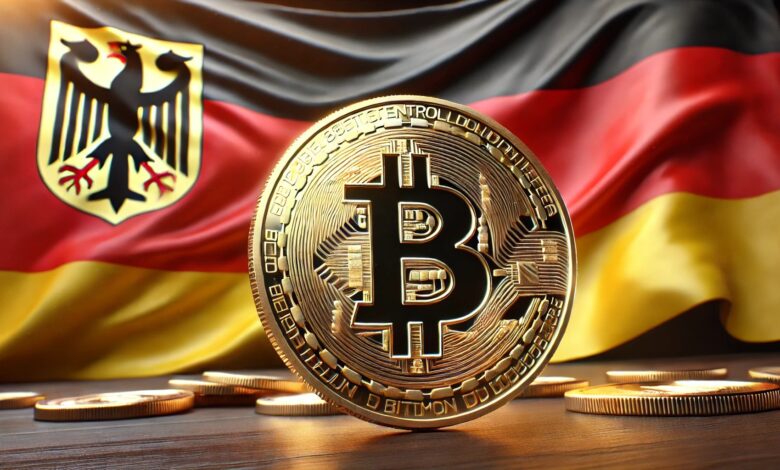
Germany’s Free Democratic Party Embraces Bitcoin and Cryptocurrency Policy
The Free Democratic Party (FDP) of Germany is ramping up its focus on Bitcoin and cryptocurrency policy as the nation gears up for its parliamentary elections set for February. In a significant move, the FDP has unveiled its election manifesto, dated December 18, which highlights a strategic shift towards incorporating digital currencies like Bitcoin into the prevailing financial architecture. Interestingly, Bitcoin and cryptocurrencies are referenced five times throughout the manifesto.
FDP Proposes Strategic Bitcoin Reserve
A cornerstone of the FDP’s agenda is the modernization of financial market supervision while maintaining balanced and competitive regulatory frameworks. The election manifesto emphasizes a dedication to creating "modern financial market regulation" that safeguards private creditors and ensures equitable conditions for all market players. To fulfill this vision, the FDP suggests broadening the scope of the German Federal Financial Supervisory Authority (BaFin) to better "support FinTech and crypto innovations."
Aligning Germany’s cryptocurrency regulations with European standards is also a priority for the FDP. The party advocates that German laws should not surpass the "European minimum requirements," suggesting that excessive national regulations could stifle competitiveness. They propose evaluating whether the existing regulations are "proportionate," indicating that an overly restrictive environment may deter innovation and drive promising ventures to other parts of the European Union.
A particularly noteworthy aspect of the FDP’s manifesto is its openness to the possibility of the European Central Bank (ECB) and the German Bundesbank incorporating Bitcoin into their reserves. Although the manifesto does not provide specific mechanisms or timelines for this initiative, it underscores the potential introduction of a Bitcoin reserve as a visionary strategy. "We are open to the European Central Bank and the German Bundesbank using cryptocurrencies such as Bitcoin as currency reserves. This can strengthen the resilience of the European monetary system," states the election program.
Balancing Innovation and Traditional Monetary Practices
The FDP’s platform seeks to strike a balance between embracing digital innovation and preserving established monetary practices. It restates support for the continued use of cash, champions "broad acceptance of card payments," and envisages a digital euro that adheres to user privacy and remains optional. The party insists that any introduction of digital central bank money must protect user privacy. "A digital euro that complements cash must respect users’ privacy and be usable both online and offline. There must be no compulsion to use the digital euro, and there must be no additional risks for the financial system," the FDP asserts.
This pro-crypto shift comes shortly after FDP leader and former finance minister Christian Lindner emphasized the need for Germany to stay abreast of "innovations." He argued that Germany’s position is unfavorable compared to the incoming US administration under President-elect Donald Trump, which he believes is set to leverage "advantages that we could also have with Bitcoin." While Lindner did not expressly mention establishing a Bitcoin reserve then, his remarks signaled a pivotal moment.
Support from the European Tech Community
The FDP’s proposal has already garnered attention from influential figures in the European tech scene. Frank Thelen, a notable European entrepreneur, technology investor, and television personality, publicly endorsed the party’s approach on social media, stating, "First pro-crypto party in Germany @FDP. In my opinion, a good addition to the existing currency reserves."
At the time of writing, the price of Bitcoin stood at $102,388.
For more insights on cryptocurrency and financial market dynamics, stay tuned to our updates.







